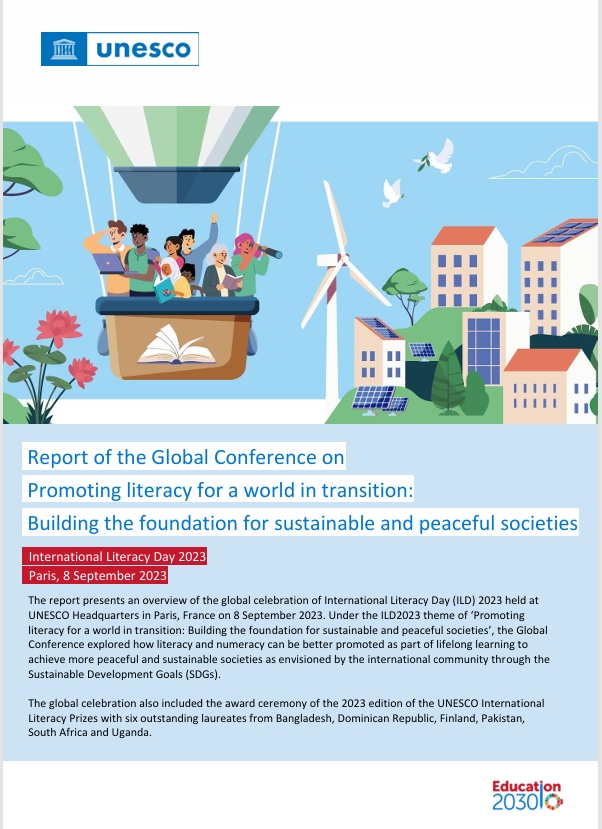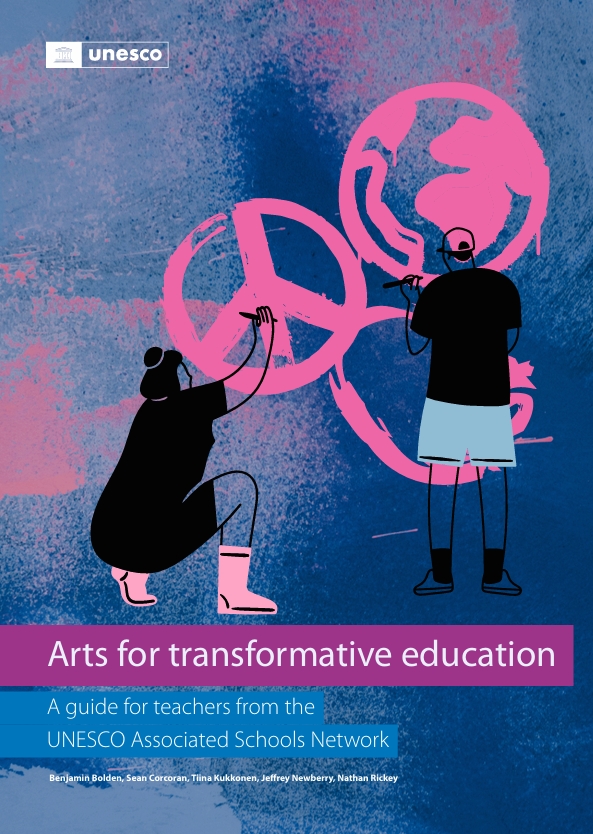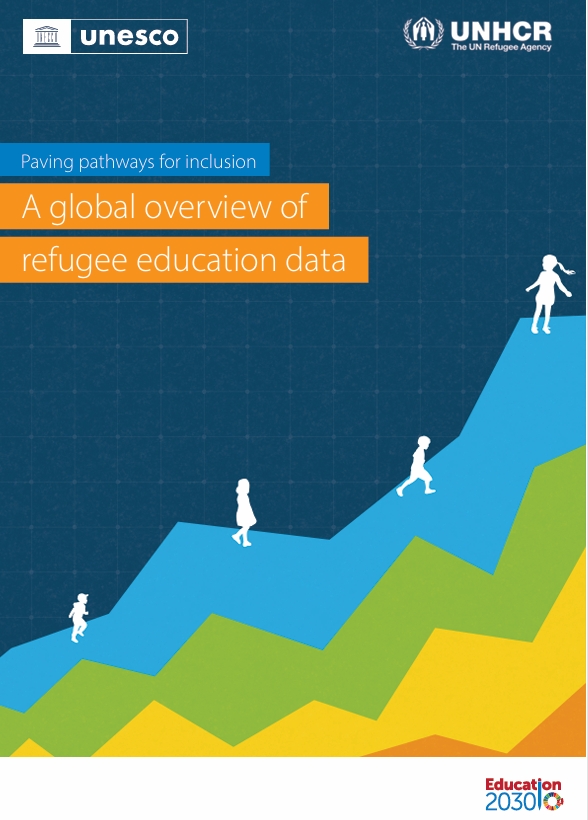Story Source: The Journal ~ Go to Original Article
When Michele Haiken was in middle school as a student, aside from grammar lessons and quizzes on vocabulary, all she can remember is writing essays in English class. “We would read a book and we would write an essay about it,” she said. That’s not enough anymore, according to this literacy teacher at Rye Middle School in Rye, NY and adjunct professor at Manhattanville College in Purchase.
Nowadays she prefers to get “creative” and inspire her students with writing in different formats — many of them digital — “that are going to help them succeed in and out of school and become the effective critical creators and communicators that we want them to be.”...………………….……………………..






